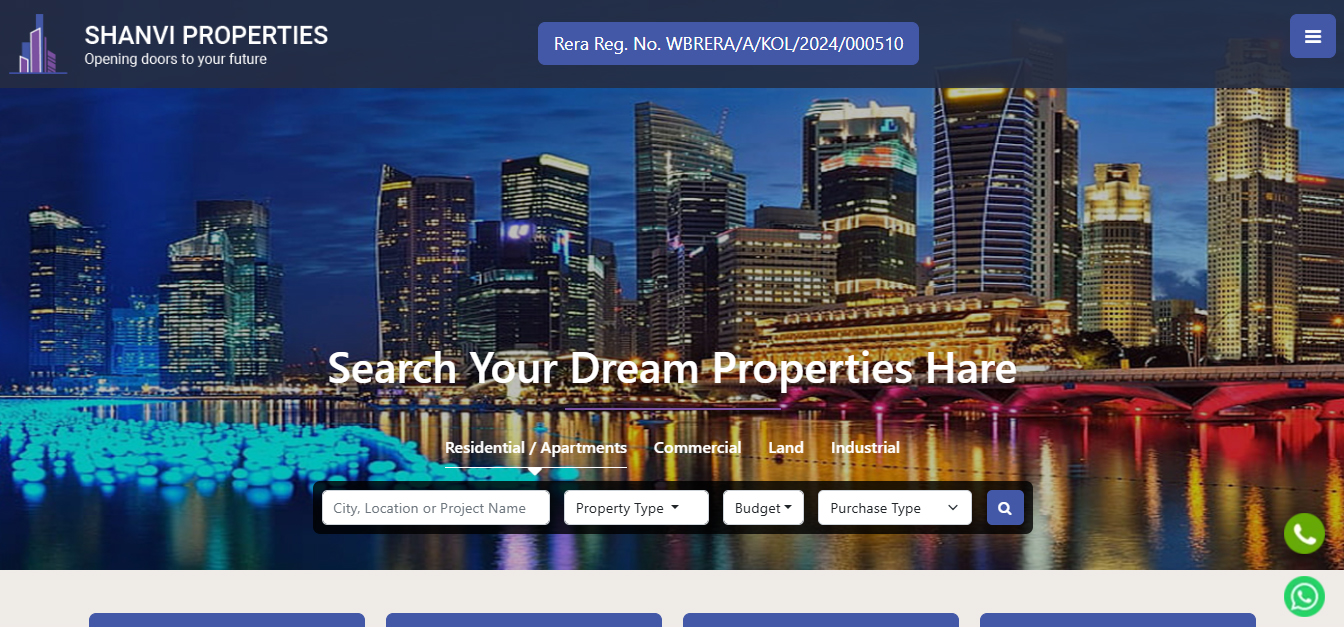
Complete Guide For Real Estate Website Development
Creating a real estate website requires careful planning and the right features to attract potential buyers, sellers, and realtors. A well-designed platform enhances user experience, improves lead generation, and ensures smooth property transactions. Here’s a comprehensive guide to developing a successful real estate website.
Step 1: Define Your Goals and Target Audience
Before starting development, clarify your website’s objectives and identify your target audience. Consider whether your platform will serve:
- Individual buyers and sellers
- Real estate agencies
- Rental property listings
- Luxury or commercial properties
Step 2: Choose the Right Tech Stack
Select the appropriate technologies based on scalability and performance:
- Frontend: React.js, Next.js, or Vue.js for a dynamic user interface
- Backend: Laravel, Node.js, or Django for secure data handling
- Database: MySQL, PostgreSQL, or MongoDB for property listings
- Hosting: AWS, DigitalOcean, or Vercel for reliable deployment
Step 3: Essential Features for a Real Estate Website
1. Advanced Property Search
Users should be able to filter properties by location, price, type, and amenities.
2. High-Quality Images & Virtual Tours
Include HD images, 3D virtual tours, and videos for better user engagement.
3. Interactive Map Integration
Use Google Maps or Map box to display property locations with nearby facilities.
4. User Profiles & Dashboards
Allow users to create accounts, save searches, and manage listings.
5. Lead Generation Forms & Chat Support
Include inquiry forms, chatbots, or live chat options to improve conversions.
6. Mobile Responsiveness
Ensure a seamless browsing experience on all devices.
7. SEO Optimization
Implement best practices like fast page speed, structured data, and keyword optimization.
Step 4: Monetization Strategies
Generate revenue through:
- Paid Listings & Premium Memberships
- Advertising & Sponsored Listings
- Affiliate Partnerships with Mortgage & Insurance Companies
Step 5: Testing and Deployment
Before launching, conduct thorough testing:
- Functionality Testing: Ensure all features work as intended
- Performance Testing: Optimize load times
- Security Testing: Protect user data with SSL and secure authentication
Deploy the website on a reliable hosting service and continuously monitor performance for improvements.
If Any Real Estate Company Feel Free Development Website or Application , Contact us 91-8013561965, +91-8910834910
Contact Email: info@cheapwebguru.com